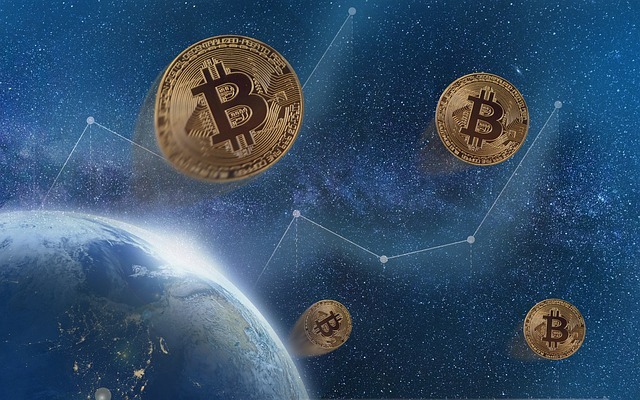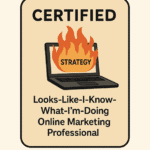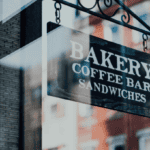Table of Contents
 Building and maintaining customer loyalty increases repeat business and manifests long-term, brand-loyal consumers. Firm and constant support is one of the key definitions of loyalty. Customer loyalty is an allegiance, but in an often-oversaturated marketplace, it can be difficult to establish that bond.
Building and maintaining customer loyalty increases repeat business and manifests long-term, brand-loyal consumers. Firm and constant support is one of the key definitions of loyalty. Customer loyalty is an allegiance, but in an often-oversaturated marketplace, it can be difficult to establish that bond.
There are several ways a business can work to establish new customer loyalty and strengthen its bond with existing customers. It begins with determining pain points for your customers by collecting essential data. Utilizing tools for data collection — from integrated systems to one-question surveys — can generate profile, psychographic and purchasing information that can be used to build loyalty programs and offer incentives.
Clearly Define Your Business
Share your company’s core values not only with employees, but with customers. Be clear what you do and do not stand for, establishing an image that customers instantly associate with your brand. When your core values are defined and can be seen publicly, consumers with aligned values are more likely to be loyal.
Be Reliable
A key to building any type of relationship is establishing trust. Reliability helps build trust and develop loyalty. If your business promises a response to a customer service inquiry within 24 hours, meet the deadline. Understandably, exceptions happen (technical difficulties, staffing shortages), but those should remain exceptions. Most people will understand when exceptions happen, especially if you try to keep them informed regarding delays or issues.
Offering a one-click or question survey about customer satisfaction after a delay or issue helps keep you informed about how well the issue was resolved and lets customers know you’re taking note.
Provide Exceptional Customer Service
While reliability is part of providing exceptional customer service, there’s more to be done. It’s about exceeding the customer’s expectations. How can you go above and beyond?
- Choose personalization versus a boilerplate message as much as possible.
- Reach out to regular customers with an appreciation note and include a freebie or a discount.
- Make returns easy, following up with replacement suggestions if appropriate.
- Never forget to thank your customers, whether in writing or in-person.
Listen to Your Customers
Data collection is needed when growing a business and working to strengthen customer loyalty. When you know who your customers are and about their purchasing habits, it’s easier to give them what they want and need. However, consumers are bombarded with first-party data collection, whether they’re shopping online or in-person. This can make them reluctant to share that data.
While comprehensive consumer profiles help the business and, ultimately, consumers, it can also be beneficial to inquire how they prefer their information being collected.
Collecting first-party data from multiple sources has benefits for your business and for your customers. It allows you to capture a wider range of data and gives your customers more options on how they share their information. Go beyond account profiles and collect data points from one-on-one live chats, surveys, fun quizzes by email, social media interaction and point-of-purchase questions.
Never Neglect Existing Customers
Often, businesses spend a large portion of time, energy and marketing dollars on wooing new customers. New customers are offered significant savings, special deals, rolling discounts, gifts-with-purchase and bonuses for joining the loyalty program. While it’s essential to continue to attract new customers, it’s critical not to neglect your existing customers.
Existing customers want to feel special, too. Send them a gift card on their birthday, give them priority when a new product launches, and acknowledge their milestones as a loyal customer with something special. One-year customer anniversary? Thank them and celebrate with an email, card or message, and give them a reward. They’ll appreciate it and it helps increase loyalty.
Rewards Work
Research shows that incentives work. For example:
- Three-fourths of consumers report they’re more likely to make an additional purchase after receiving an incentive.
Loyalty programs can be as simple as rewarding 10 purchases with a free one. Lean into technology to make the program as simple to use for your customers as possible. Apps that track points or purchases are more efficient than the old punch cards, which were often lost or discarded by mistake.
Strengthening customer loyalty is a multifaceted endeavor. From keeping a clear vision to using data points, you can identify issues and concerns, solve problems, step up engagement, and develop long-term customer loyalty.
Author Bio: Juan Jaramillo is Performance Marketing Director for Cordial, a cross-channel marketing and data platform. He has 13 years of experience in the industry and focuses on performance marketing, search engine optimization, and analytics.











